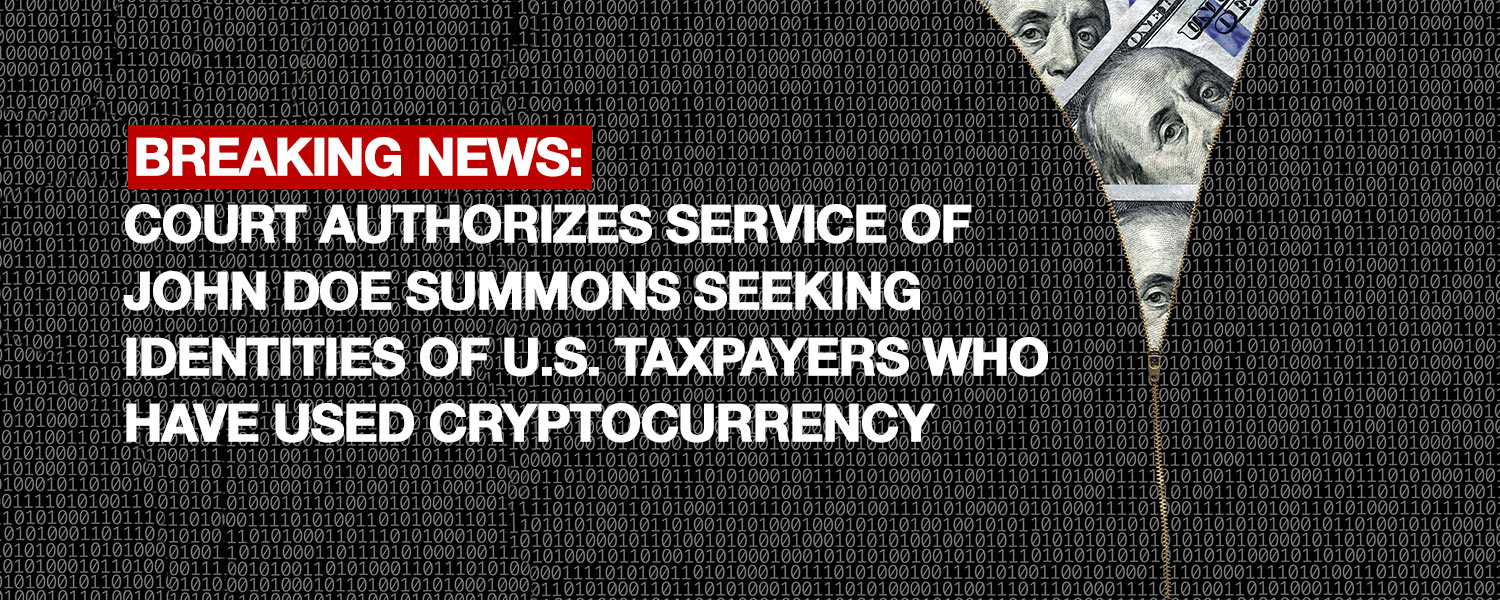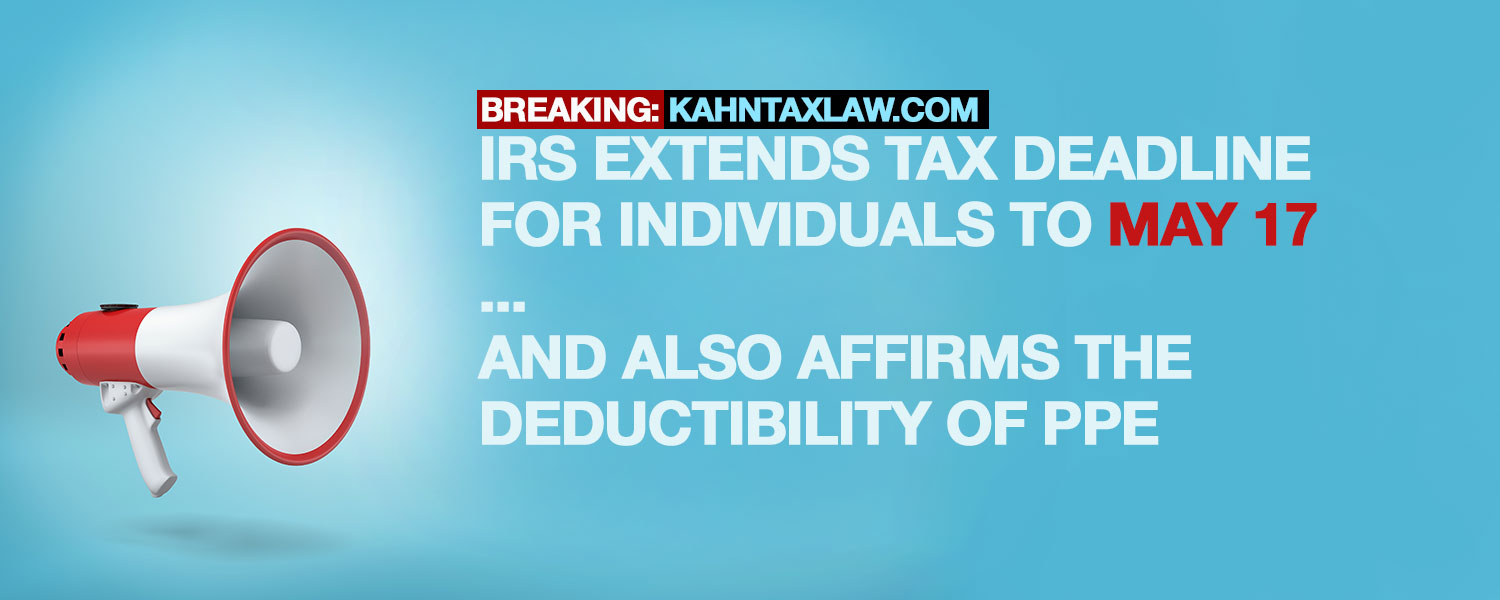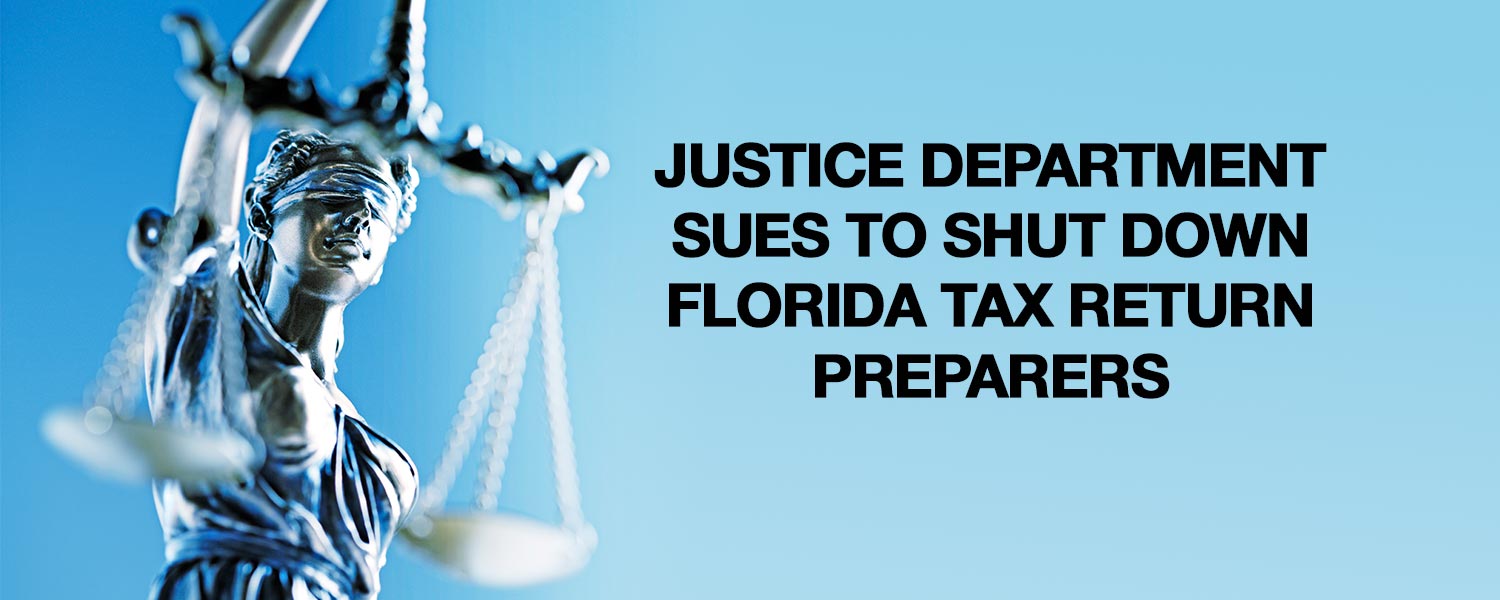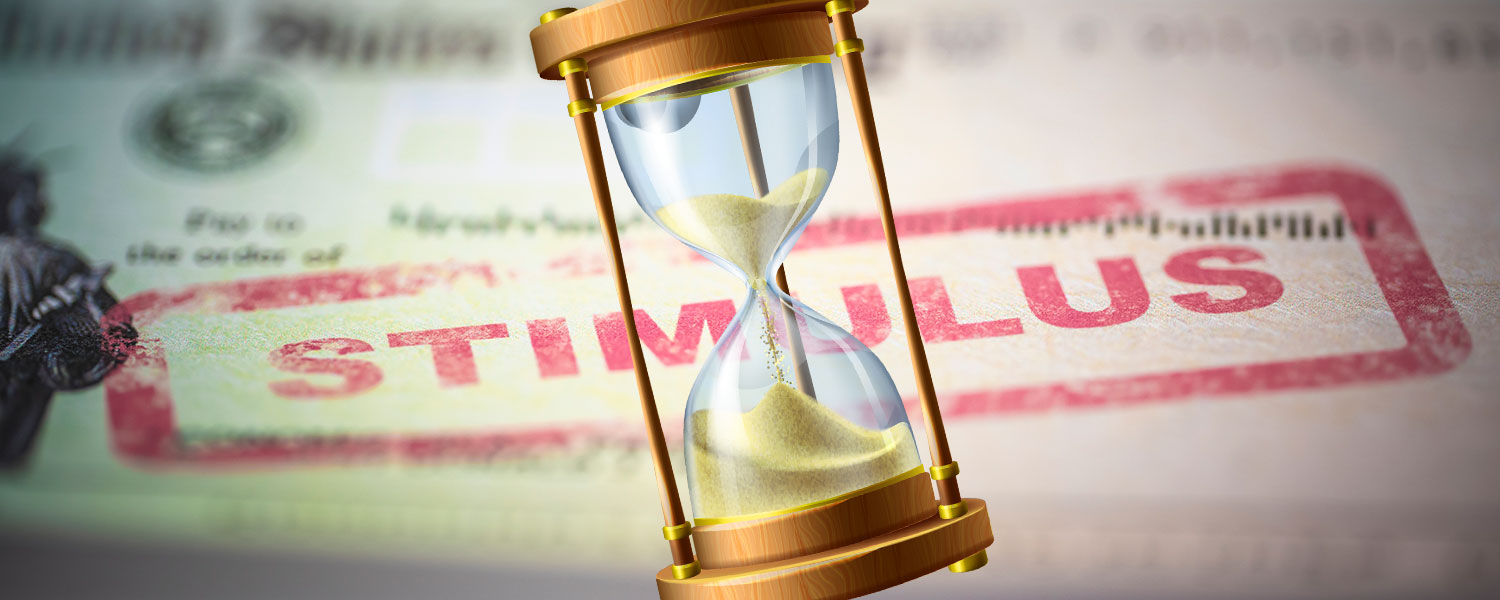Starting December 29, 2020 the IRS begins delivering the second round of Economic Impact Payments
On December 27, 2020 President Trump signed the $900 million Stimulus Bill formally known as the Coronavirus Response and Relief Supplemental Appropriations Act of 2021 (the “CARES Act II”) to provide assistance to workplaces and employees. The CARES Act II provides many benefits intended to deliver cash into the hands of individuals and businesses, as well as many other tax provisions. One of the most publicized provisions is the immediate cash payments by the Federal government to qualifying taxpayers.
Who is eligible for the economic impact payment?
To get cash assistance promptly delivered to individual taxpayers, qualifying taxpayers will receive one-time cash payments of $600 for individual taxpayers or if married, $1,200 for married couples. An additional $600 may be paid for each qualifying child.
These amounts are subject to reduction if the individual’s Adjusted Gross Income (AGI) exceeds $75,000 for an individual taxpayer; $112,500 for head of household; or $150,000 for a married couple. Nonresident alien individuals and dependents who are 17 and older are ineligible to receive the payment.
For filers with income above those amounts, the payment amount is reduced by $5 for each $100 above the $75,000/$150,000 thresholds. Single filers with income exceeding $99,000 and $198,000 for joint filers with no children are not eligible.
How will the IRS know where to send my payment?
The vast majority of people do not need to take any action. The IRS will calculate and automatically send the economic impact payment to those eligible.
The cash payments will be based on the most recent tax information available to the IRS looking at a taxpayer’s 2019 tax return filed and if it has not yet been filed, then the taxpayer’s 2018 tax return filed.
The economic impact payment will be deposited directly into the same banking account reflected on the return filed.
If you haven’t filed taxes yet for one of those years, you should still consider having them completed and filed with the IRS so that if further legislation is passed in 2021 extending additional relief, the IRS will have your information to direct deposit any future payments.
The IRS does not have my direct deposit information. What can I do?
If the IRS does not have your bank account information, your check will be mailed to you at your last known address. NO ONE FROM THE IRS WILL CALL YOU FOR THIS INFORMATION. Checks should be delivered sometime in January 2021.
I am not typically required to file a tax return. Can I still receive my payment?
The IRS developed a web-based portal for individuals to provide their income information and banking information to receive an economic impact payment. The web-based portal requires you to enter: your personal information, marital status, dependents, bank account information and other information to verify your identity. If you did this already for the first economic impact payment, the IRS should be using this same information for delivering funds for the second economic impact payment. NO ONE FROM THE IRS WILL CALL YOU FOR THIS INFORMATION.
Low-income taxpayers, senior citizens, Social Security recipients, some veterans and individuals with disabilities who are otherwise not required to file a tax return will not owe tax.
I have not filed my tax return for 2018 or 2019. Can I still receive an economic impact payment?
Yes. Anyone with a tax filing obligation who has not yet filed a tax return for 2018 or 2019 to file as soon as they can to receive an economic impact payment. Taxpayers should include direct deposit banking information on the return.
If you haven’t filed taxes yet for one of those years, you should still consider having them completed and filed with the IRS so that if further legislation is passed in 2021 extending additional relief, the IRS will have your information to direct deposit any future payments.
The IRS developed a web-based portal for individuals to provide their income information and banking information to receive an economic impact payment. The web-based portal requires you to enter: your personal information, marital status, dependents, bank account information and other information to verify your identity. If you did this already for the first economic impact payment, the IRS should be using this same information for delivering funds for the second economic impact payment. NO ONE FROM THE IRS WILL CALL YOU FOR THIS INFORMATION.
When should I expect to receive my second economic impact payment?
The Treasury Department announced that the initial direct deposit payments may begin arriving as early as December 29th for some and will continue into next week. Paper checks will begin to be mailed, Wednesday, December 30th. Some taxpayers may see the direct deposit payments as pending or as provisional payments in their accounts before the official payment date of January 4, 2021. As with the first round of payments under the CARES Act, most taxpayers will receive these payments by direct deposit. For Social Security and other beneficiaries who received the first round of payments via Direct Express, they will receive this second payment the same way. Anyone who received the first round of payments earlier this year but doesn’t receive a payment via direct deposit will generally receive a check or, in some instances, a debit card. For those in this category, the payments will conclude in January 2021.
What happens when I file a 2020 tax return next year?
Keep in mind that if your 2020 tax return will reflect an AGI higher than the above applicable threshold, you should expect to pay back at least some or perhaps all of the cash payments you received under the CARES Act. Also, eligible individuals who did not receive an Economic Impact Payment this year – either the first or the second payment – will be able to claim it when they file their 2020 taxes in 2021.
Beware Of New IRS Scam!
You get a call from someone claiming to be working for the IRS claiming:
“We need your personal information in order for you to claim the coronavirus stimulus money.”
This appears to be an identity theft scheme to obtain recipients’ personal and financial information so the scammers can provide the IRS with their banking information to get your economic impact payment deposited into their account. In reality, the IRS WILL NOT CALL YOU! Federal aid will either be deposited via account information the IRS already has from your tax filings or they will send you a check.
Where can I get more information?
The IRS has established a special section focused on steps to help taxpayers, businesses and others affected by the coronavirus and as information becomes available, the IRS will be updating this special page on its website. You can also check out the KahnTaxLaw Coronavirus Resource Center.
An Opportunity For Taxpayers Who Owe The IRS
Do not think that if you owe the IRS your tax problem will disappear because of the measures being considered by the government. Instead you should be utilizing this valuable time to get yourself prepared so that when activity in this nation regains momentum, you are ready to make the best offer or proposal to take control of your outstanding tax debts.
As a prerequisite to any proposal to the IRS, you must be in current compliance. That means if you have any outstanding income tax returns, they must be completed and submitted to IRS.
Also, if you are required to make estimated tax payments, you must be current in making those payments. Fortunately, as we are now at the end of 2020, taxpayers who expect to owe for 2020 should have their 2020 income tax returns done as early as possible in 2021 so that the 2020 liability can be rolled over into any proposal and the requirement to make estimated tax payments will start for 2021.
Remember that COVID-19 does not alter the tax laws, so all taxpayers should continue to meet their tax obligations as normal. Individuals and businesses should keep filing their tax returns and making payments and deposits with the IRS, as they are required to do.
Also, the IRS will continue to take steps where necessary to protect all applicable statutes of limitations. In instances where statute expirations might be jeopardized during this period and a taxpayer is not agreeing to extend such, the IRS will issue Notices of Deficiency and pursue other similar actions to protect the interests of the government in preserving such statute.
What Should You Do?
You know that at the Law Offices Of Jeffrey B. Kahn, P.C. we are always thinking of ways that our clients can save on taxes. If you are selected for an audit, stand up to the IRS by getting representation. Tax problems are usually a serious matter and must be handled appropriately so it’s important to that you’ve hired the best lawyer for your particular situation. The tax attorneys at the Law Offices Of Jeffrey B. Kahn, P.C. located in Orange County (Irvine), Los Angeles (including Long Beach and Ontario) and elsewhere in California are highly skilled in handling tax matters and can effectively represent at all levels with the IRS and State Tax Agencies including criminal tax investigations and attempted prosecutions, undisclosed foreign bank accounts and other foreign assets, and unreported foreign income. Also if you are involved in cannabis, check out what a cannabis tax attorney can do for you. And if you are involved in crypto currency, check out what a bitcoin tax attorney can do for you.











